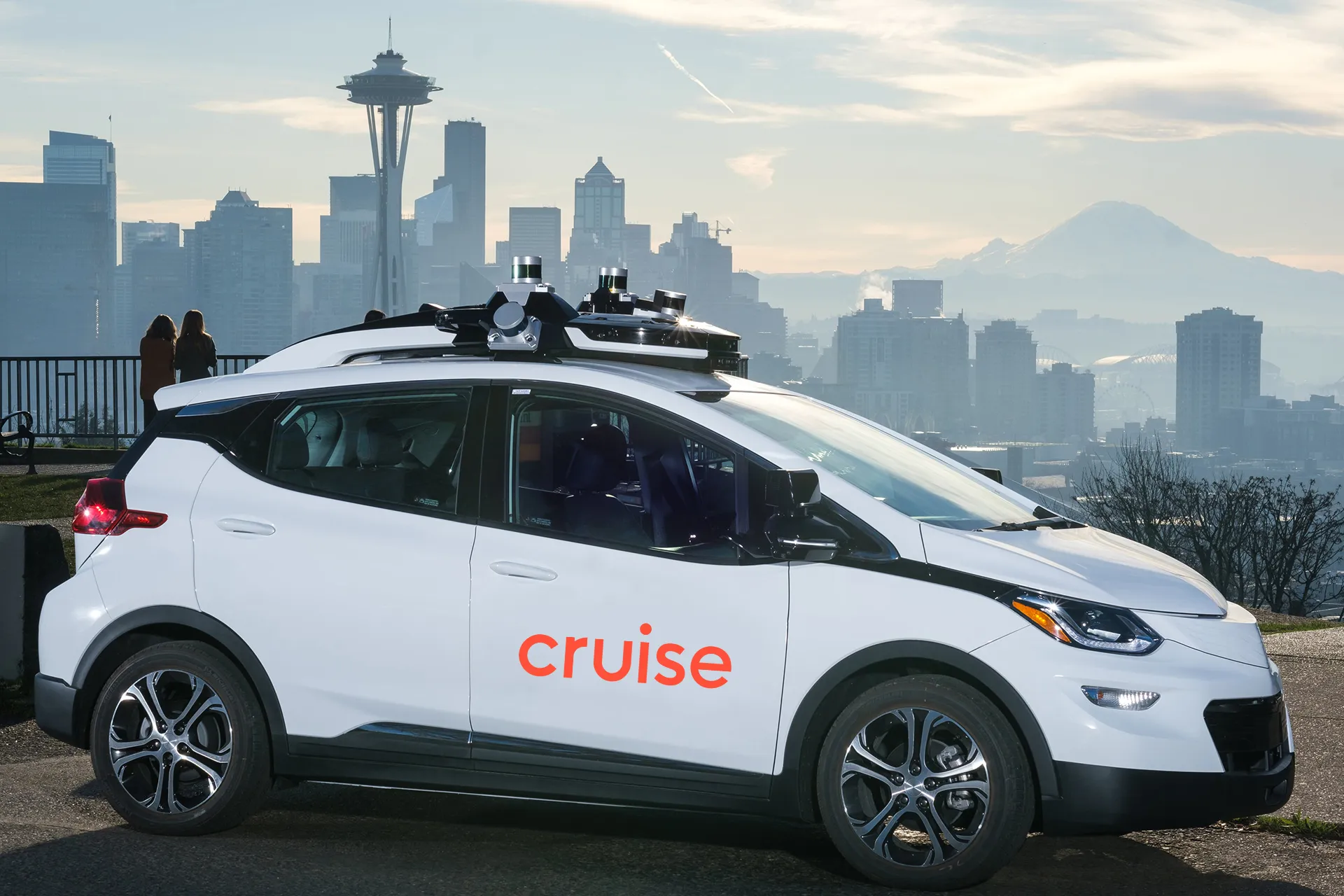Two US Senators have announced a bipartisan agreement to remove some regulations which made it harder to deploy self-driving cars on American roads, according to a report on US political website ‘The Hill’.
On 4 October a Senate committee will consider the legislation already passed by the House of representatives which would allow automakers to sell up to 25,000 vehicles in the first year they are offered and up to 100,000 if they are deemed to be as safe as cars driven by humans.
In a joint statement, Senate Commerce committee chairman Hone Thune (R-S.D) and Senator Gary Peters (D-Mich) said: “While this Senate self-driving vehicle legislation still has room for further changes, it is a product of bipartisan cooperation we both stand behind."
Senators set to release new legislation on self-driving car bill
Two US Senators have announced a bipartisan agreement to remove some regulations which made it harder to deploy self-driving cars on American roads, according to a report on US political website ‘The Hill’. On 4 October a Senate committee will consider the legislation already passed by the House of representatives which would allow automakers to sell up to 25,000 vehicles in the first year they are offered and up to 100,000 if they are deemed to be as safe as cars driven by humans.
September 29, 2017
Read time: 1 min









